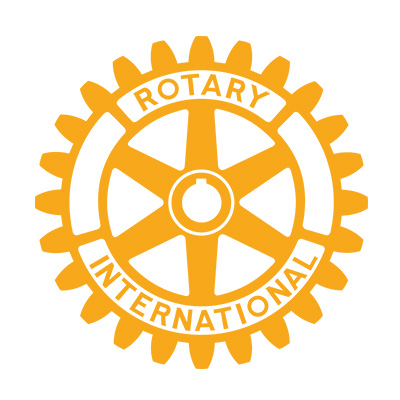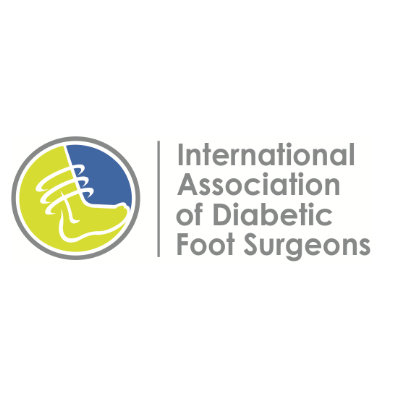D-Foot International cannot do it alone. We are joining forces with like-minded organisations to achieve common aims.

IWGDF Guidance
International Working Group on the Diabetic Foot (IWGDF) Guidance

International Federation of Podiatrists (FIP-IFP)
Advancing podiatry worldwide through education, advocacy and strategic alliances for the benefit of those with foot and ankle ailments.
In diabetic foot care and prevention, podiatry skills are crucial to help achieve a positive outcome. The podiatrist plays a central role not only in early ulcer referral but also in their specialist management. Additionally, they are uniquely placed to provide optimal primary and secondary care to people with diabetes whose feet are at risk.
D-Foot and FIP-IFP entered into a formal collaboration to enhance the profile of podiatry worldwide.

International Committee of the Red Cross (ICRC)
On the ground in over 90 countries – neutral, impartial and independent
Initiated by representatives of ICRC attending the D-Foot Train-the-Foot-Trainer course in Marrakesh in December 2018, opportunities for collaboration were identified: training of the ICRC physical rehabilitation programme staff and local referral healthcare professionals, facilitate the connection and communication between the D-Foot National Representatives and ICRC staff on the ground and create alliances with existing referral diabetic centres.

International Society for Prosthetics and Orthotics (ISPO)
Promoting access to appropriate and equitable rehabilitation, mobility devices and other assistive technology to improve the quality of life for people with reduced mobility
Access to appropriate mobility devices services is an integral part of the process to ensure the full participation and inclusion in society of people with disabilities.
D-Foot and ISPO have set up a collaboration agreement to promote and ensure that an increasing number of people worldwide has access to available, accessible with equity, affordable and appropriate rehabilitation and mobility device services.

RAG-Diabetes
Rotarian Action Group for Diabetes
The Rotarian Action Group for Diabetes aims to address the global diabetes epidemic by raising awareness with the members of Rotary International and other individuals and organisations. RAG-Diabetes focuses on 5 key areas: awareness, prevention, treatment, management and complications, including non-trauma lower-limb amputations.

Université Numérique Francophone Mondiale (UNFM)
An international network of continuous distance learning
The mission of the Université Numérique Francophone Mondiale is to use the Internet and communication technologies to create and disseminate quality education in an environment of scarcity.
The training courses target professionals in practice and are mainly carried out by experts from the beneficiary countries to be adapted to the field. They complete the list of training activities in the French-speaking world.

International Diabetes Federation (IDF)
The International Diabetes Federation (IDF) is the global voice of the diabetes community. IDF are a non-profit umbrella organisation of more than 240 national diabetes associations in 161 countries and territories, working together to improve and empower the lives of the 540 million people estimated to be living with diabetes and in those at risk.
Vision: Access to affordable, quality diabetes care and education worldwide.
Mission: Improve the lives of people living with diabetes and prevent diabetes in those at risk. The IDF Strategic Plan 2023-26 outlines the goals and priorities that will inform and guide the activities of IDF over the next three years.

International Association of Diabetic Foot Surgeons (IADFS)
The International Association of Diabetic Foot Surgeons (IADFS) is an international not-for-profit organisation for surgeons working with diabetic foot syndrome. Our work is to support cooperation and best practice in research, education, and clinical interventions between foot surgeons working with or having an interest in the diabetic foot.

International Symposium Diabetic Foot
This Symposium, held once every four years, is the largest and most prestigious meeting worldwide devoted to lower extremity problems in diabetes.
It has accomplished this unique position by bringing together delegates from many specialties and the leading experts in various fields, both from all over the world. Participating in this event will give you the unique opportunity to communicate with members of your target groups and the experts-in-the field.